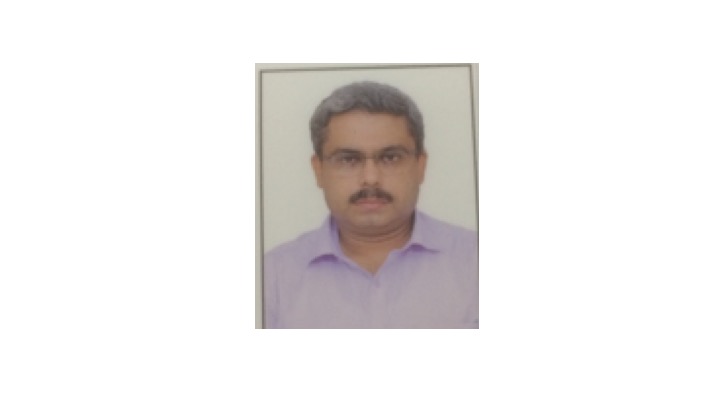Profile
I have over 14 years of experience working on pathobiology of human pathogenic viruses including Flavivirus and Coronavirus. We focus on understanding viral pathogenesis to control its replication by either drug repurposing or developing novel directly-acting anti-viral molecules. With Dengue virus, our group has been involved in the discovery of at least two repurposed drugs which can be used to control virus replication. ML385 an inhibitor of host NRF2 transcription factor has been shown to completely abrogate Dengue replication. In a similar manner, a collaborative project showed inhibition of Dengue replication in monocytes upon application of the CXCR3 antagonist AMG487. We have also been able to discover two novel molecules that can inhibit Dengue replication by acting as a directly acting antiviral binding to the viral RNA-dependent RNA polymerase. We are also involved in genome surveillance of SARS-CoV-2, investigating the role of humoral immune response in shaping viral evolution.
Current Focus Areas
Proof-of-concept for ML385 as inhibitor of Dengue virus replication: ML385 can be inhibiting Dengue replication by either inhibition of the known target, NRF2 transcription factor or by acting as a directly-acting antiviral. Ex vivo and in vivo AG129 mouse model would be used to delineate the mechanism of inhibition
Proof-of-concept of two Oxindole derivatives, OSA-15-DM and OSA-15-17-DM: The directly-acting antivirals found active in ex vivo models would be tested in AG129 mouse model as proof-of-concept. Simultaneously, the genetic barrier to mutation of their binding sites would be evaluated through ex vivo virus evolution studies
In a collaboration with Dr. P. Guchhait in the Regional Centre of Biotechnology and Dr. S. Asthana in THSTI, structural analogues of AMG487 would be tested for inhibition of Dengue replication in monocytes using ex vivo and in vivo AG129 mice model.
A landscape of the druggable target site in viral RdRp will be developed using Dengue virus as a model in collaboration with Dr. Shailendra Asthana in THSTI.
Genomic surveillance of SARS-CoV-2 to compare Spike protein mutations in individuals immunized with different vaccines
Selected Publications
1. Maddipati V.C. (2023). Discovery of non-nucleoside oxindole derivatives as potent inhibitors against dengue RNA-dependent RNA polymerase. Bioorganic Chemistry, Volume 131, 106277. 2. Kaur S. (2022). Upregulation of cytokine signalling in platelets increases risk of thrombophilia in severe COVID-19 patients. Blood Cells Molecular Disease. 94: 102653. 3. Kaur J. (2021). Replication of Dengue Virus in K562-Megakaryocytes Induces Suppression in the Accumulation of Reactive Oxygen Species. Frontiers in Microbiology. 12:784070 4. Ojha A. (2019). Platelet factor 4 promotes rapid replication and propagation of Dengue and Japanese encephalitis viruses. EBioMedicine. 39:332-347. 5. Bhattacharyya S, Sen U, Vrati S. (2014). Regulated IRE1-dependent decay pathway is activated during Japanese encephalitis virus-induced unfolded protein response and benefits viral replication. Journal of General Virology. 95(1):71-79.
